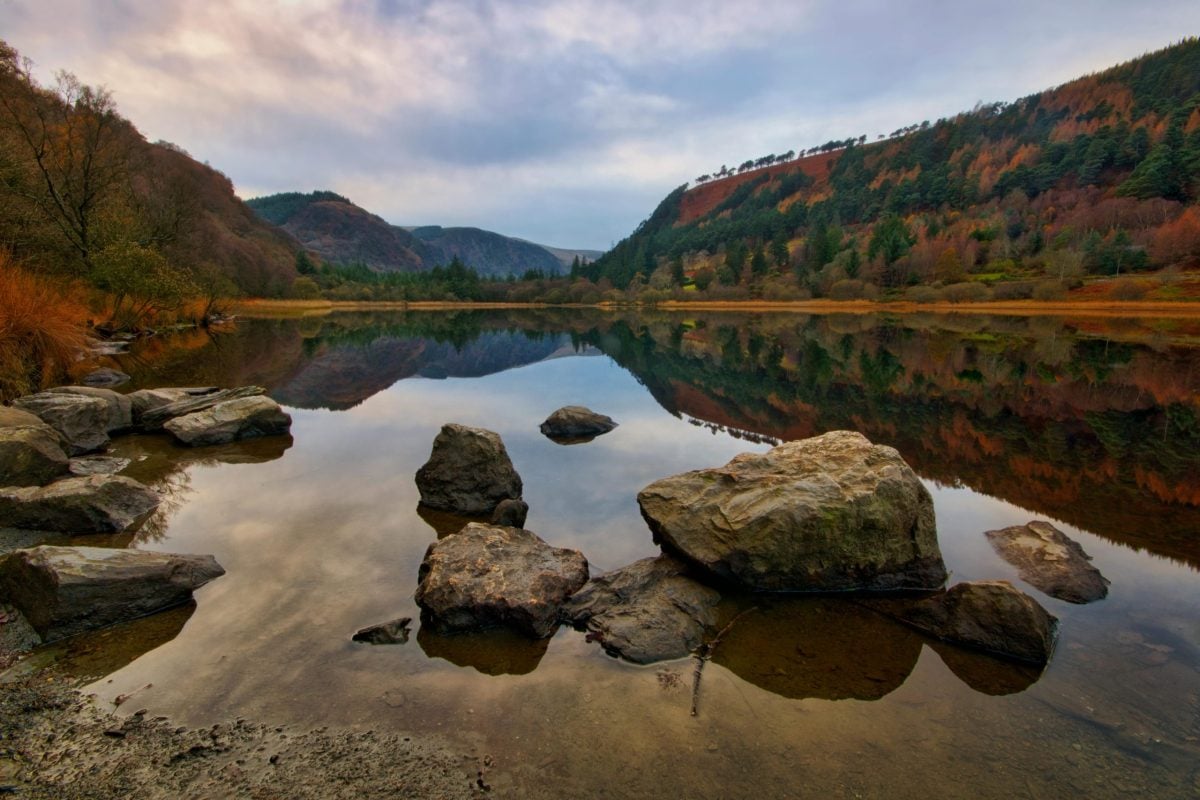Uncategorized
The Haunting Legacy of Michael Collins in Ireland
Why the Ghost of Michael Collins Still Haunts Every Irish Rebellion
Estimated reading time: 5 minutes
Key Takeaways
- Michael Collins’ legacy continues to inspire modern Irish movements.
- His vision for a united Ireland resonates with contemporary activists.
- The struggle for justice in Ireland remains intertwined with his spirit.
Table of Contents
Introduction
The Heart of the Story
The Wider Echo
The Now & The Next
Did You Know?
FAQs
Final Word
Introduction
In the shadowy corners of Irish pubs, over pints of Guinness and tales of old, whispers of Michael Collins intertwine with every toast to freedom. A man, a myth, a martyr—Collins is not just a name; he’s a spirit, haunting the heart of every fight for liberty that echoes through our windswept hills, from Donegal to Kerry. But why does he linger in our battles, galloping through the echoes of history like a wraith, propelling us toward a reckoning that extends well beyond his grave?
The Heart of the Story
Michael Collins was a soldier and statesman, a figure forged in the fires of revolution. Born in County Cork, he rose from the fields of Ireland to the heart of the struggle against British rule, embodying the fierce spirit of a nation yearning to be free. At just 31, his life was tragically cut short by an ambush in 1922, yet his vision for a united Ireland, his belief in freedom with a practical hand, continues to flicker in the hearts of rebels today.
In the years following his death, Collins became the almost mythical figure we revere: a guileful leader who strategized his enemies like a chess master. His ghost haunts not just the written histories but the very fabric of every uprising since—each cry for justice, every march for rights is tinged with a bit of his ghostly presence, urging us onward. His legacy is tied not only to his life but to the hearts he touched across counties, like that of his native Cork, where people still remember him as the architect of independence.
The Wider Echo
Collins epitomizes the eternal struggle for Irish identity—a cause that has seen various manifestations, from the independence movements of the early 20th century to the political turbulence of the modern era. His enthusiasm ignited fires across the land, from the radicalization of Dublin to the mountains of Kerry, firing up the souls of a new generation of protesters and revolutionaries. “Our revenge will be the laughter of our children” is a phrase that reverberates through time, capturing how Collins dreamed of a future rife with freedom and laughter rather than bitterness and violence.
Today, those echoes challenge us via social movements that fight against injustice—from the housing crisis to climate action. They ask us if we are still willing to take the risks Collins took. As we gather to protest, we stand shoulder to shoulder with the essence of Collins, who reminds us that rebellion, when rooted in justice, can forge a path to liberation.
The Now & The Next
In the age of social media, rebellion looks different, yet the spirit remains the same. The ghost of Collins whispers in the ears of activists fighting for housing in Dublin, for climate justice in Galway, and for every marginalized voice to be recognized across these 32 counties. This is where his essence ignites determination in a new generation. Protests, movements, even songs, are steps echoing Collins’s own approach—strategic, agile, and relentless.
As young Irish people wear their T-shirts emblazoned with revolutionary slogans or chant for change in parliaments and streets, they unknowingly carry the spirit of Collins into the future. In every rally and in every heartfelt chant, his energy propels us forward, reminding us that the battle for a fair Ireland is never truly over but is a continuous fight—the kind Collins would be proud to witness, echoing through the ages.
Did You Know?
- Michael Collins was a key strategist in the 1916 Easter Rising and later played an instrumental role in negotiating the Anglo-Irish Treaty.
- The ambush that led to Collins’s death took place on August 22, 1922, at Béal na Bláth in County Cork, marking a pivotal moment in the Irish Civil War.
FAQs
What was Michael Collins’ legacy for modern Ireland?
Collins left a blueprint for resistance and self-determination that inspires many contemporary movements across Ireland. His practical approach to leadership is felt in the hearts of advocates today, especially in counties like Galway, which carries forth his message of justice.
How did Michael Collins impact Irish identity?
Collins served as a unifying figure during the struggle for independence, and his vision of a free Ireland resonates again in today’s social movements, ensuring his memory remains vital in shaping Irish identity.
Final Word
Whenever we chant for justice, whenever we raise our voices against oppression, we invite the spirit of Michael Collins to stand with us. His ghost, woven into the fabric of our fights, reminds us that courage and hope are eternally interlinked. If you carry the same pride we do, you’ll find a piece of home waiting at
HubIrish.com.

